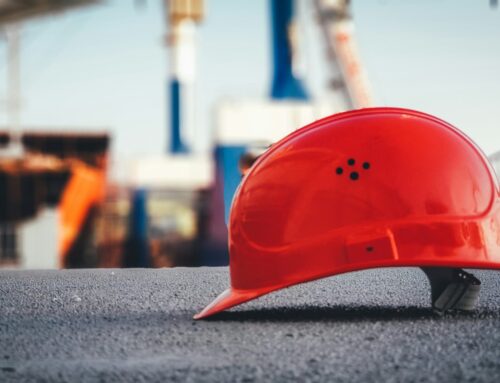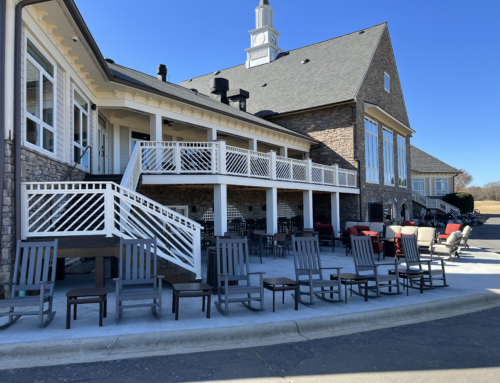
When it comes to the world of construction and contracting, two terms that often arise are “commercial contracting” and “industrial contracting.” While these terms might seem similar at first glance, they refer to distinct sectors with unique characteristics and requirements. Lets delve into the key differences between commercial and industrial contracting to help gain a deeper understanding of these essential components of the construction industry.
Scope and Purpose
Commercial contracting primarily focuses on projects related to businesses, retail establishments, and office spaces. It involves the construction, renovation, or remodeling of structures such as office buildings, shopping malls, hotels, restaurants, and other commercial properties. Commercial contractors typically cater to the needs of private clients and prioritize aesthetics, functionality, and customer experience.
On the other hand, industrial contracting centers around projects within the industrial sector. It involves constructing or maintaining facilities that facilitate manufacturing, production, or large-scale operations. Industrial contractors work on projects such as factories, power plants, refineries, warehouses, distribution centers, and other industrial complexes. Industrial contracting places a greater emphasis on functionality, efficiency, and adherence to strict safety regulations.
Project Size and Complexity
Commercial projects generally tend to be smaller in scale compared to industrial projects. While there can be exceptions, commercial contractors often handle projects that involve a single building or a limited number of structures. These projects may require intricate architectural designs, interior fit-outs, and specialized finishes to create visually appealing and inviting spaces.
Industrial projects are typically more extensive and complex in nature. They involve large-scale facilities with numerous interconnected systems and processes. Industrial contractors must possess specialized expertise to manage complex mechanical, electrical, and structural components. These projects often require sophisticated equipment, heavy machinery, and a thorough understanding of industrial regulations and safety protocols.
Regulatory Compliance
When it comes to regulatory compliance, commercial contracting must adhere to local zoning laws, building codes, and regulations that are applicable to commercial properties. As these projects usually cater to public-facing businesses, additional attention is given to accessibility requirements, fire safety, environmental regulations, and energy efficiency standards. Commercial contractors work closely with architects and designers to ensure compliance with the necessary regulations.
While commercial contractors have their own regulations, compliance for industrial contracting involves a unique set of regulations and industry-specific standards. These projects must conform to safety guidelines, environmental regulations, and stringent codes related to hazardous materials, ventilation systems, noise pollution, and worker safety. Industrial contractors must possess the expertise to navigate and comply with complex regulations, as non-compliance can result in severe consequences and potential risks to workers and the environment.
Specialized Skills and Equipment
A big difference we cannot ignore is that commercial contractors often require specialized skills related to interior design, architectural aesthetics, and customer-centric space utilization. They may focus on creating visually appealing structures, incorporating branding elements, and enhancing the overall customer experience. While commercial projects may involve some technical aspects, the emphasis is on creating functional spaces that meet the clients’ specific requirements.
Industrial contractors, however, need a comprehensive understanding of industrial processes, equipment, and systems. They must possess expertise in areas such as industrial electrical work, heavy machinery installation, industrial piping, and specialized construction methods. Industrial projects often demand the use of large cranes, heavy-duty equipment, and specialized tools to handle the unique requirements of the industry.
While both commercial and industrial contracting fall within the construction industry, they serve different sectors and have distinct requirements. By understanding these differences, clients can make informed decisions when selecting the right contractor for their specific project needs.
JenCon, a renowned construction company with more than 35 years of experience, has successfully collaborated with clients in Charlotte, NC, and beyond on a diverse range of projects. Boasting a highly skilled team of industry professionals, JenCon combines their wealth of experience, comprehensive training, and cutting-edge technology to deliver exceptional results. With a commitment to excellence, JenCon stands prepared to embark on your project with the utmost expertise and efficiency.




